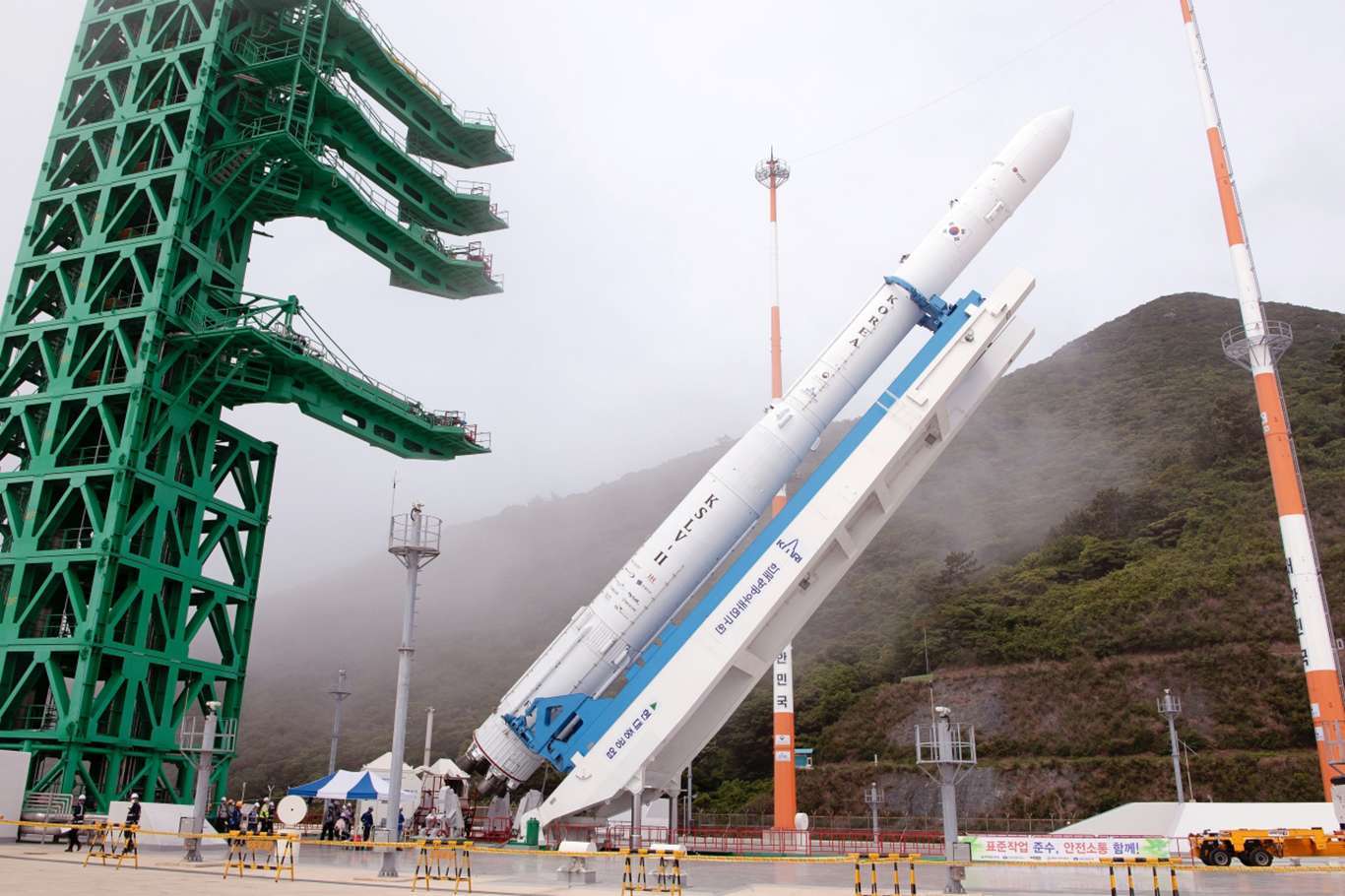South Korea launches Nuri rocket carrying satellites into orbit


South Korea has successfully launched its first homegrown space rocket, the science ministry said on Tuesday.
According to the Science Ministry, the Nuri rocket placed a functioning performance verification satellite at a target altitude of 700 kilometers.
Nuri, meaning "world" in native Korean, also known as KSLV-II (Korean Space Launch Vehicle-II), is a three-stage launch vehicle, the second one developed by South Korea and the successor to Naro-1 (KSLV-1).
Nuri is developed by Korea Aerospace Research Institute (KARI). All three stages use indigenously developed launch vehicle engines, making Nuri the first indigenously developed Korean orbital launch vehicle (the Naro-1 launch vehicle used Russian-made first stage). The South Korean government has set SpaceX as a "role model", striving to develop relatively cheap and reliable rockets competitive enough for the commercial launch market.
On 21 October 2021, it had its first flight at 08:00 UTC and it launched a 1,500 kg (3,300 lb) dummy satellite payload into what was planned to be a 700 km (430 mi) Sun-synchronous orbit (SSO). However, despite the payload reaching the targeted apogee (700 km), the third stage shut down about 46 seconds earlier than planned and the payload did not achieve orbital speed. (ILKHA)
LEGAL WARNING: All rights of the published news, photos and videos are reserved by İlke Haber Ajansı Basın Yayın San. Trade A.Ş. Under no circumstances can all or part of the news, photos and videos be used without a written contract or subscription.
Türkiye’s biggest technology event, the SDN Tech Expo, officially opened its doors at the Yenikapı Eurasia Show and Art Centre in Istanbul, drawing thousands of visitors, tech enthusiasts, and industry professionals.
The U.S. House of Representatives has officially banned Meta’s WhatsApp messaging platform from all government-issued devices, citing significant cybersecurity risks.
China has successfully launched the ChinaSat-9C satellite, marking a significant step forward in strengthening the nation's satellite broadcasting infrastructure and enhancing public cultural services across remote and rural regions.
The U.S. President Donald Trump will sign an executive order this week to delay enforcement of the controversial TikTok sale-or-ban law by an additional 90 days, the White House announced Tuesday.